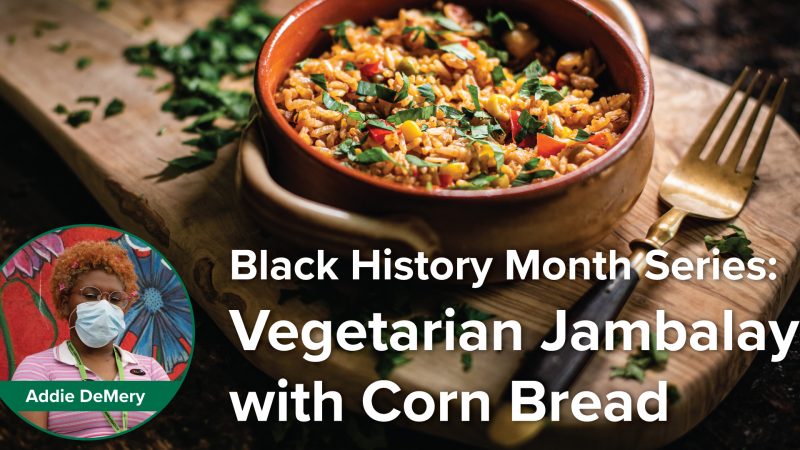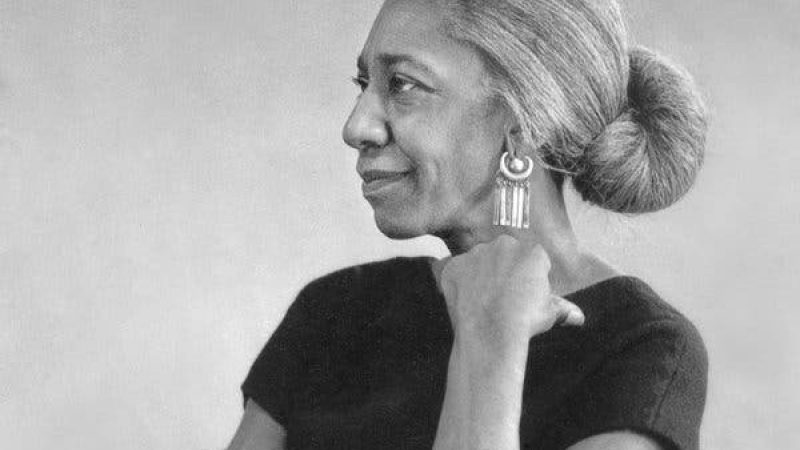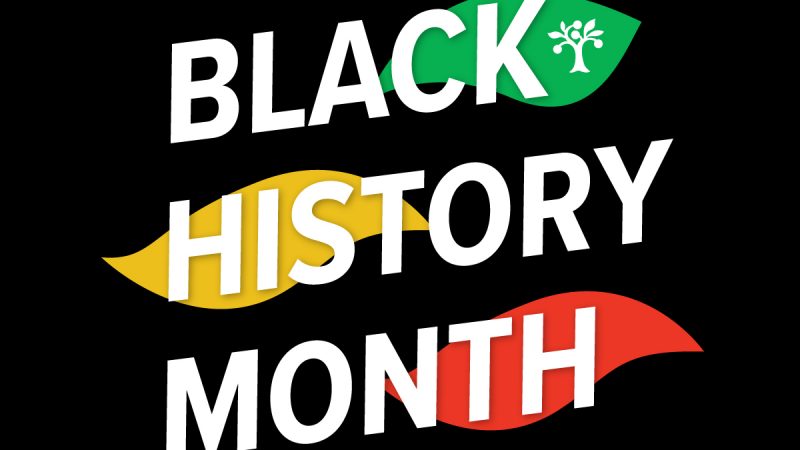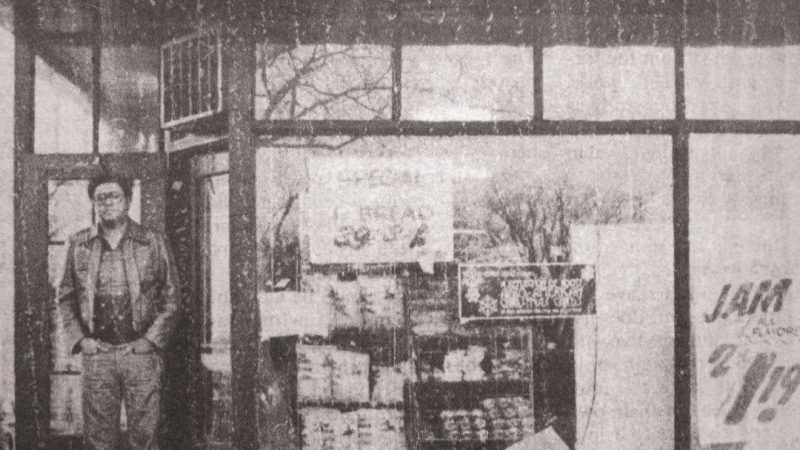Every February, we honor the legacy of Black communities. At Seward Co-op, we recognize the contributions Black communities have made in cooperative economies.
Black cooperatives have been around since the 1800s. Many prominent black scholars like W.E.B Du Bois viewed cooperatives as a way to bring essential long-term economic development to urban and rural communities. It also helped civil engagement and increased asset ownership. While many cooperatives centered on mutual aid, some were farmers’ cooperatives centered on food access.
In the new millennium, Black-led co-ops continue to grow. The Mandela Grocery Co-op is a Black-led, worker-owned cooperative in California founded by community members to “improve access to healthy food and business ownership for residents in West Oakland.” Located within a community lacking access to corner stores, their local liquor and grocery store provided limited access to healthful and organic foods. Mandela’s mission not only provides accessible healthful and organic food, they also commit to and source a large portion of their product from local, small-scale, minority farmers and vendors.
One of the cooperative principles is Cooperation Among Cooperatives—we all do better when we all do better. We look to Mandela Co-op as an example of prioritizing sourcing from Black producers in their stores. In their own words, “We intentionally support businesses run by people of color (POC) because we are deeply committed to creating opportunity for interdependence in the food space, where POC entrepreneurs generate livable incomes that support their families.”
Like Mandela, Seward Co-op is invested in our community, which includes lifting up Black voices, intentional sourcing from businesses owned by historically under-represented individuals, local, small-scale, sustainable, and cooperative producers through our Community Foods program. Our staff also lead a Black, Indigenous, People of Color (BIPOC) affinity group.
We at Seward Co-op pride ourselves on supporting small local farms and vendors, and we can learn a thing or two from Mandela Co-op. We recognize that there is more work to be done so that the products on our shelves reflect our community and foster a more equitable economy—we continue to develop processes to bring this vision into reality. With the call of abolition and the pandemic, we have to continue to show our support for our Black and Brown communities by offering opportunities they need.
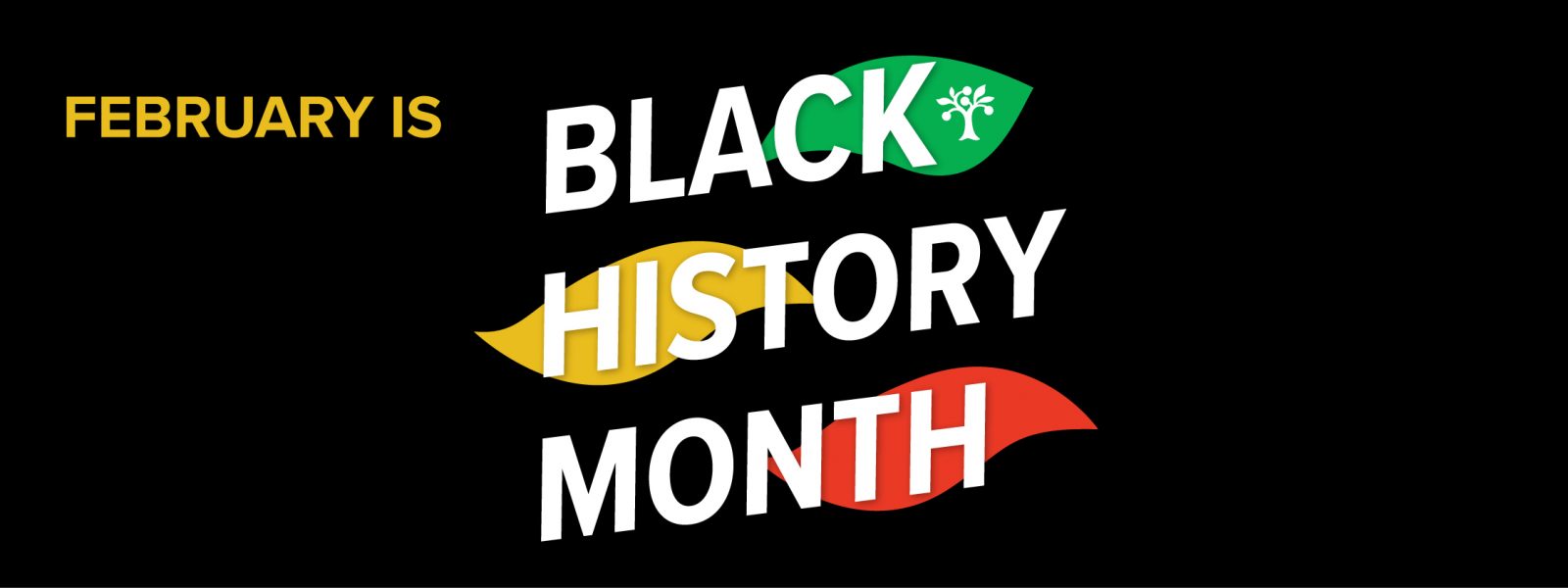
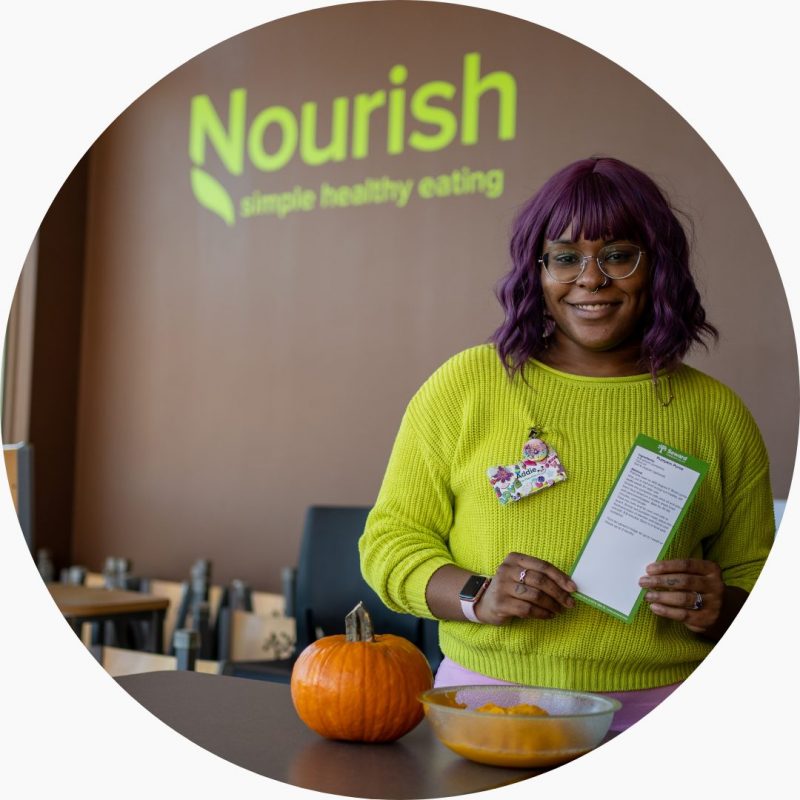 Join Addie in a celebration of Black History Month through a virtual dinner series! Throughout the month of February, Addie will be demonstrating a number of delicious recipes for Sunday dinner in a three-part class series.
Join Addie in a celebration of Black History Month through a virtual dinner series! Throughout the month of February, Addie will be demonstrating a number of delicious recipes for Sunday dinner in a three-part class series.
